Brakes are an essential component of any vehicle. They keep drivers, passengers, and vehicles safe, facilitating the vehicle’s ability to stop on command. Your brakes protect you, and it is important that you protect your brakes to extend their life. Replacing a vehicle’s brakes is expensive, so here are seven tips to help you avoid the need.
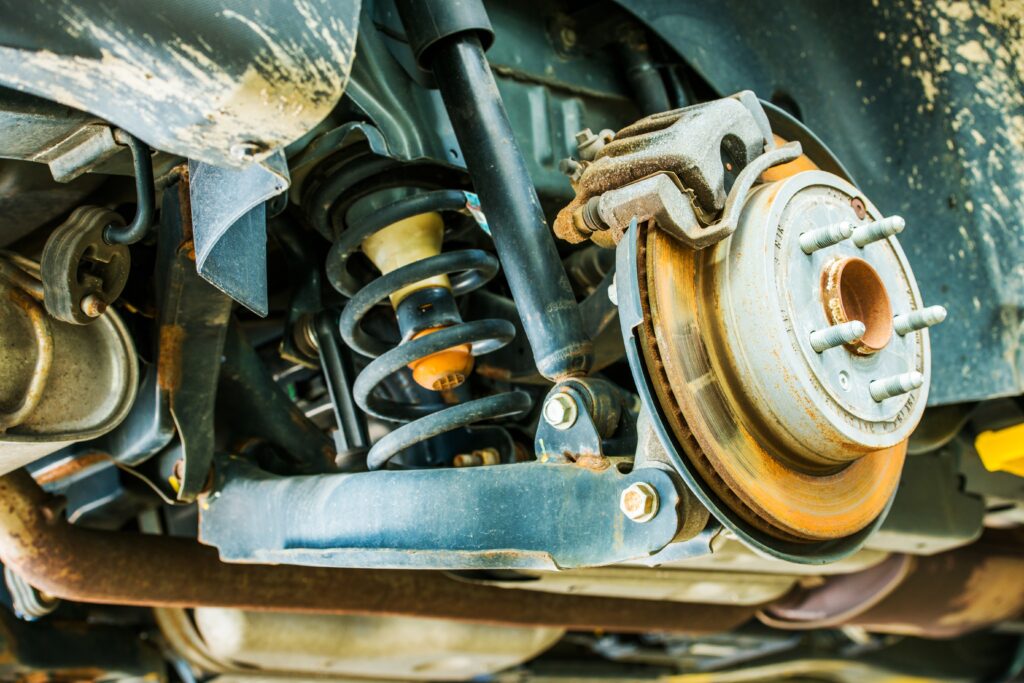
Slow Down
The faster a vehicle is driving when it has to stop, the more pressure and wear the brakes have to take. As a matter of fact, complete stops from high speeds are the primary cause of premature brake pad wear. To protect your brakes, drive conservatively. Even slowing down a little bit can prevent a lot of wear and tear.
Coast
Coasting refers to letting traction and physics slow your vehicle naturally, simply taking the foot off the gas pedal or canceling cruise control and letting the car slow on its own. Coast with caution. It’s not applicable to every situation in which a vehicle needs to stop. However, coasting can be a great way to protect your brakes if you don’t need to use them.
To coast successfully, drivers need to be very aware of the road around them. Watch the traffic ahead, especially keeping an eye out for red brake lights. If they’re a ways off, coast until using the brake becomes necessary. When you leave the freeway or approach a red light or stop sign, coast instead of braking as you can. Don’t push your vehicle too hard when you climb hills. That way you won’t need to brake too firmly on the way back down.
Avoid Hard Braking
For best results, be gentle on your brakes. Sometimes the unexpected on the road happens, but usually hard braking can be avoided by being aware of road conditions.
Do Not Push on the Brake While Your Foot Is Still on the Accelerator
This seems obvious, but in the heat of the moment, sometimes people forget. “Two-footing” the pedals is a sure way to damage your brakes without any purpose. Brake taps when one foot is still on the accelerator don’t do anything to stop your car, and wear down brakes prematurely. If you notice that you tap the brake pedal while you still have a foot on the accelerator, make a conscious effort to break the habit.
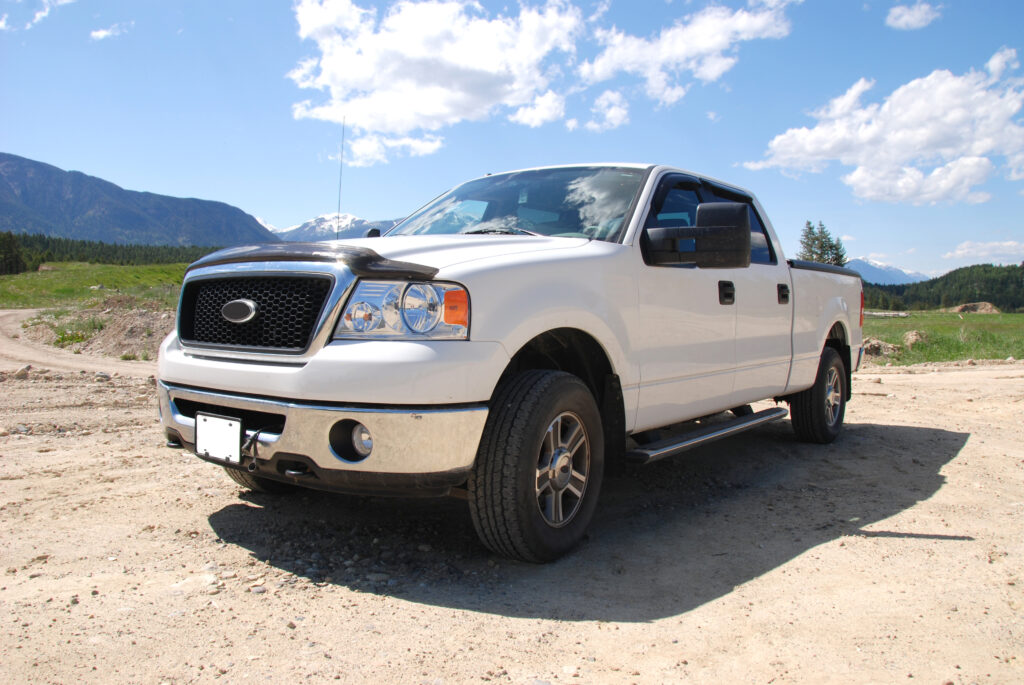
Give Your Car Plenty of Time to Stop
Most slowdowns and other road hazards can be seen a long way in advance if drivers are paying attention. Since this is the case, hard braking can be avoided if you keep plenty of space between you and the next vehicle on the road. This will also eliminate the tension caused by tailgating.
Especially when traffic is backed up, it is better for your car to fill gaps slowly than to rush forward only to simply stop again. It is also more efficient for your gas mileage. Especially in inclement weather or at night, maintain your distance.
Brake with Your Engine
While coming down a mountain or even a steep driveway can make riding the brakes very tempting, it is not a good idea if you want to protect your brakes. A better option is braking with the engine. This is done by downshifting when going downhill, which causes the engine to handle deceleration. The process is more effective in cars with a manual transmission, but it can be accomplished in an automatic. Use this strategy wisely since shifting at too high a speed or jumping gears too drastically can damage your transmission and engine.
Keep It Light
Towing is hard on your brakes. The more weight to a vehicle, the harder the brakes have to work to bring the vehicle to a stop. If you want to protect your brakes, be mindful as you load up your car, truck, or trailer. Don’t lug around unnecessary weight. Even things like built-in sound systems, body panels, or even heavy spare tires can weigh down your vehicle. Keep that in mind when you consider adding modifications to your vehicle.
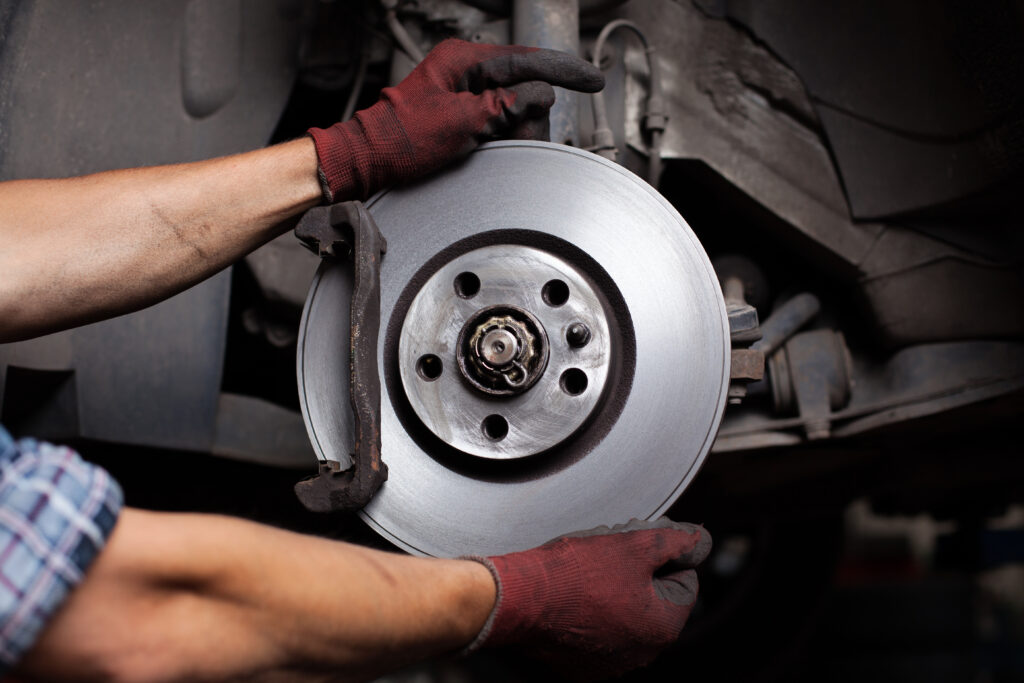
Flush Your Brakes Regularly
Brake fluid is the lifeblood of a hydraulic brake system, and while it is designed to withstand the pressure of the system, it doesn’t last forever. Brake fluid naturally attracts water, and that water can do major damage within the car’s interior mechanics. During hard or repeated brake use, the water around the braking fluid can “boil” and reduce brakes’ efficiency. It can also erode the interior of a vehicle.
To avoid this, it is wise to flush your brakes roughly every two years or 25,000 miles. Your manufacturer will have a more specific recommendation. This improves their performance and their longevity
Protect Your Brakes With Ray’s Muffler
All of the strategies we’ve discussed will help you protect your brakes from a premature visit to the landfill. It is also wise to check in on your brakes regularly. Professional inspection and maintenance can help you keep an eye on how your brake pads are faring. If the pads need replacing, come in and see us. We can both service and replace your brakes as needed.


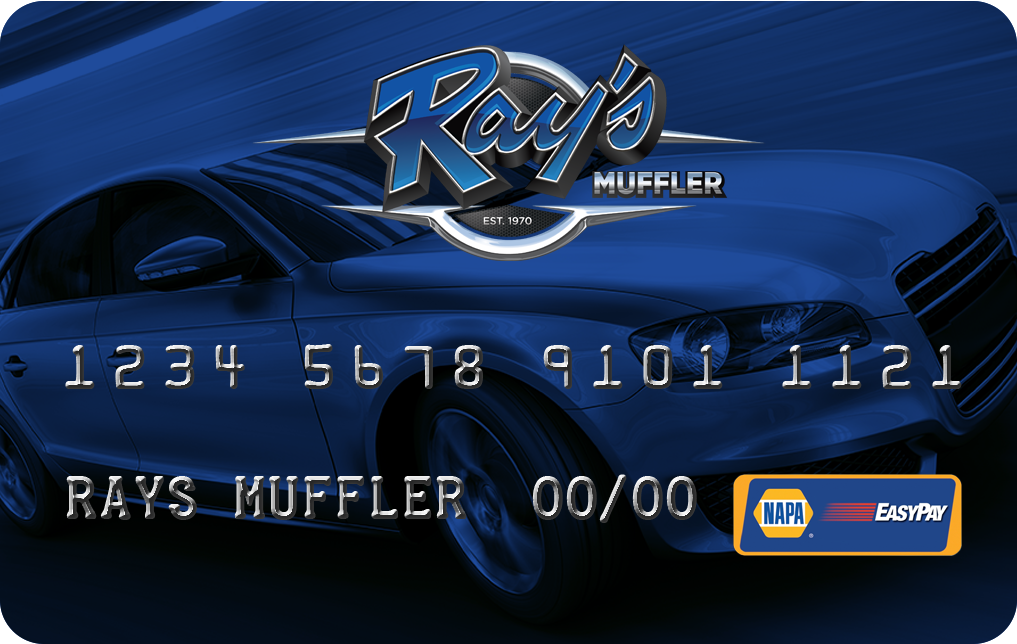
Leave a Reply